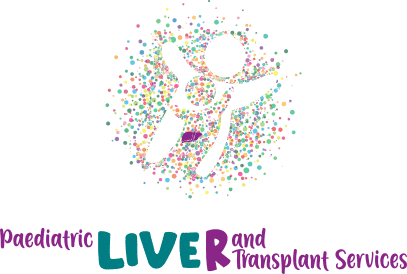Understanding the Liver’s Vital Role
The liver is one of the most important organs in the body, responsible for over 500 essential functions that sustain life. It aids in digestion, stores nutrients, detoxifies harmful substances, regulates coagulation, and produces essential proteins. Given its multifaceted role, liver health is crucial, especially in children whose developing bodies depend on a well-functioning liver for proper growth and metabolism.
Recognizing Paediatric Liver Disease: A Guide for Physicians
Paediatric liver disease is often underdiagnosed, as early symptoms may be subtle or mistaken for common childhood ailments. However, early detection is essential to prevent serious complications and improve outcomes. General practitioners and paediatricians play a critical role in identifying and referring these patients for specialist evaluation. Some key warning signs include:
- Persistent Jaundice beyond the newborn period.
- Hepatomegaly or Splenomegaly detected on clinical examination.
- Unexplained Bruising or Bleeding due to impaired coagulation.
- Failure to Thrive including poor weight gain and growth delays.
- Dark Urine and Pale Stools indicating bile flow obstruction.
- Chronic Fatigue and Irritability resulting from chronic illness and accumulation of ammonia and other metabolites.
Common Paediatric Liver Diseases to Recognize in Practice
Some of the most prevalent liver conditions affecting children include:
- Biliary Atresia, a life-threatening condition where there is progressive destruction of the bile ducts ameliorated by early surgical intervention.
- Autoimmune Hepatitis.
- Metabolic and Genetic Liver Diseases such as Wilson’s disease and Alpha-1 antitrypsin deficiency.
- Metabolic Associated Steatotic Liver Disease (MASLD) as it becomes increasingly common due to rising childhood obesity rates.
- Congenital Disorders affecting liver function and development.
World Liver Day: Raising Awareness Among Healthcare Professionals
World Liver Day, observed annually on April 19th, serves as a vital reminder of the importance of liver health. This global initiative focuses on:
- Raising awareness among healthcare professionals to improve early diagnosis and intervention.
- Encouraging continued medical education on evolving treatment options and liver disease management.
- Promoting organ donation, especially for paediatric patients awaiting liver transplants.
- Advocating for multidisciplinary care approaches to optimize patient outcomes.
The Role of Physicians in Early Diagnosis and Treatment
Timely intervention can prevent liver failure and improve long-term outcomes. Primary care physicians and paediatricians should consider liver disease in the differential diagnosis of children presenting with growth failure, chronic gastrointestinal symptoms, chronic fatigue or abnormal liver function tests. Regular screenings, vaccinations (e.g., hepatitis A + B vaccine), and early specialist referral for persistent liver enzyme derangement can make a significant difference. Liver transplants remain the only curative option for many children with end-stage liver disease, making awareness about organ donation crucial.
How Physicians Can Support Paediatric Liver Health
- Maintain a high index of suspicion for paediatric liver disease and investigate persistent symptoms appropriately.
- Monitor liver function tests in children with risk factors or unexplained symptoms.
- Refer early to a paediatric hepatologist for specialized evaluation.
- Educate caregivers on recognizing warning signs and ensuring appropriate follow-up.
- Advocate for organ donation to improve transplant availability for paediatric patients.
- Engage in professional development to stay updated on advancements in liver disease management.
Conclusion
The liver is an unsung hero of the human body, performing critical functions that sustain life. Paediatric liver disease is a growing concern, but early recognition by healthcare professionals, timely referral, and multidisciplinary care can significantly improve outcomes. This World Liver Day, let’s commit to spreading knowledge, improving early diagnosis, and advocating for enhanced paediatric liver healthcare worldwide.

